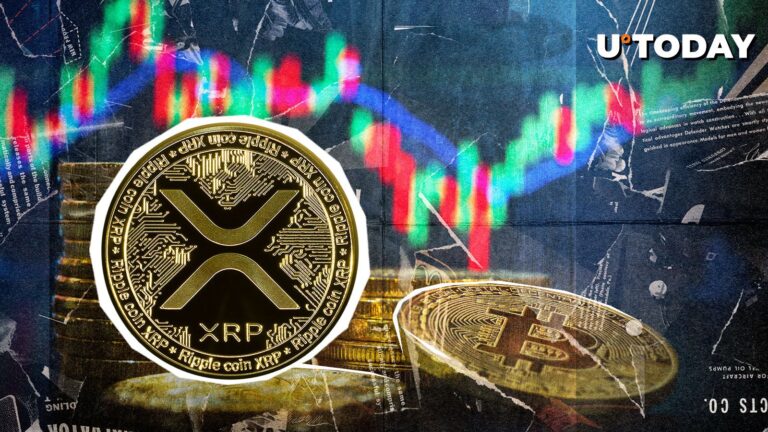Franklin Templeton Registers “Franklin Solana Trust” in Delaware, Potentially Entering Solana Spot ETF Market
Industry Trends Leading to Potential Entry
Franklin Templeton, a renowned investment management company, has recently made a significant move by registering the “Franklin Solana Trust” in Delaware. This development points towards the company’s potential entrance into the Solana spot ETF market, which has been gaining traction in the cryptocurrency industry.
Alignment with Industry Trends
The decision by Franklin Templeton to explore opportunities in the Solana spot ETF market is in line with the current industry trends. As more institutional investors and traditional finance companies recognize the potential of cryptocurrencies, there has been a growing interest in offering ETFs that track popular digital assets.
The emergence of Solana as a prominent blockchain platform has further fueled this interest, with its fast transaction speeds and low fees attracting investors looking for efficient and cost-effective solutions. By considering the launch of a Solana spot ETF, Franklin Templeton is positioning itself to cater to this growing demand and capitalize on the increasing popularity of digital assets.
Competition and Regulatory Approval
Franklin Templeton’s move to register the “Franklin Solana Trust” comes in the wake of similar applications from other financial institutions, including Canary Capital and Grayscale. The increased interest from multiple players in the market signals a growing competition to launch Solana spot ETFs and capitalize on the potential returns offered by the digital asset.
Furthermore, the submission of multiple applications for Solana spot ETFs increases the chances of regulatory approval, particularly from the U.S. Securities and Exchange Commission (SEC). As more established companies enter the market and demonstrate a commitment to compliance and investor protection, the regulatory environment becomes more conducive to approving such financial products.
Effects on Individuals
For individual investors, the potential launch of a Solana spot ETF by Franklin Templeton could offer a new avenue to gain exposure to digital assets through traditional investment vehicles. ETFs are known for their ease of accessibility and diversification benefits, making them an attractive option for those looking to add cryptocurrency holdings to their portfolios.
By providing a regulated and transparent investment vehicle that tracks the performance of Solana, the ETF could appeal to a broader range of investors who may have been hesitant to directly invest in cryptocurrencies. This increased accessibility could democratize access to digital assets and potentially drive further adoption among retail investors.
Effects on the World
The entry of established financial institutions like Franklin Templeton into the Solana spot ETF market signals a broader acceptance and integration of cryptocurrencies into the mainstream financial system. As more traditional players embrace digital assets and offer regulated investment products, the perception of cryptocurrencies as a legitimate asset class continues to evolve.
This trend towards greater institutional involvement in the cryptocurrency space could have far-reaching implications for the industry as a whole. Increased regulatory clarity and oversight, coupled with innovative financial products like Solana spot ETFs, may pave the way for greater adoption and acceptance of digital assets on a global scale.
Conclusion
The registration of the “Franklin Solana Trust” by Franklin Templeton marks a significant development in the evolving landscape of digital asset investment. By exploring opportunities in the Solana spot ETF market, the company is strategically positioning itself to capitalize on the growing interest in cryptocurrencies and cater to the demand for regulated investment products.
As the industry continues to witness increased competition and regulatory advancements, the potential launch of a Solana spot ETF by Franklin Templeton could offer new avenues for individual investors to access digital assets. Moreover, the entry of established financial institutions into the cryptocurrency space signals a broader acceptance and integration of digital assets into the traditional financial system, paving the way for further adoption and innovation in the global market.





